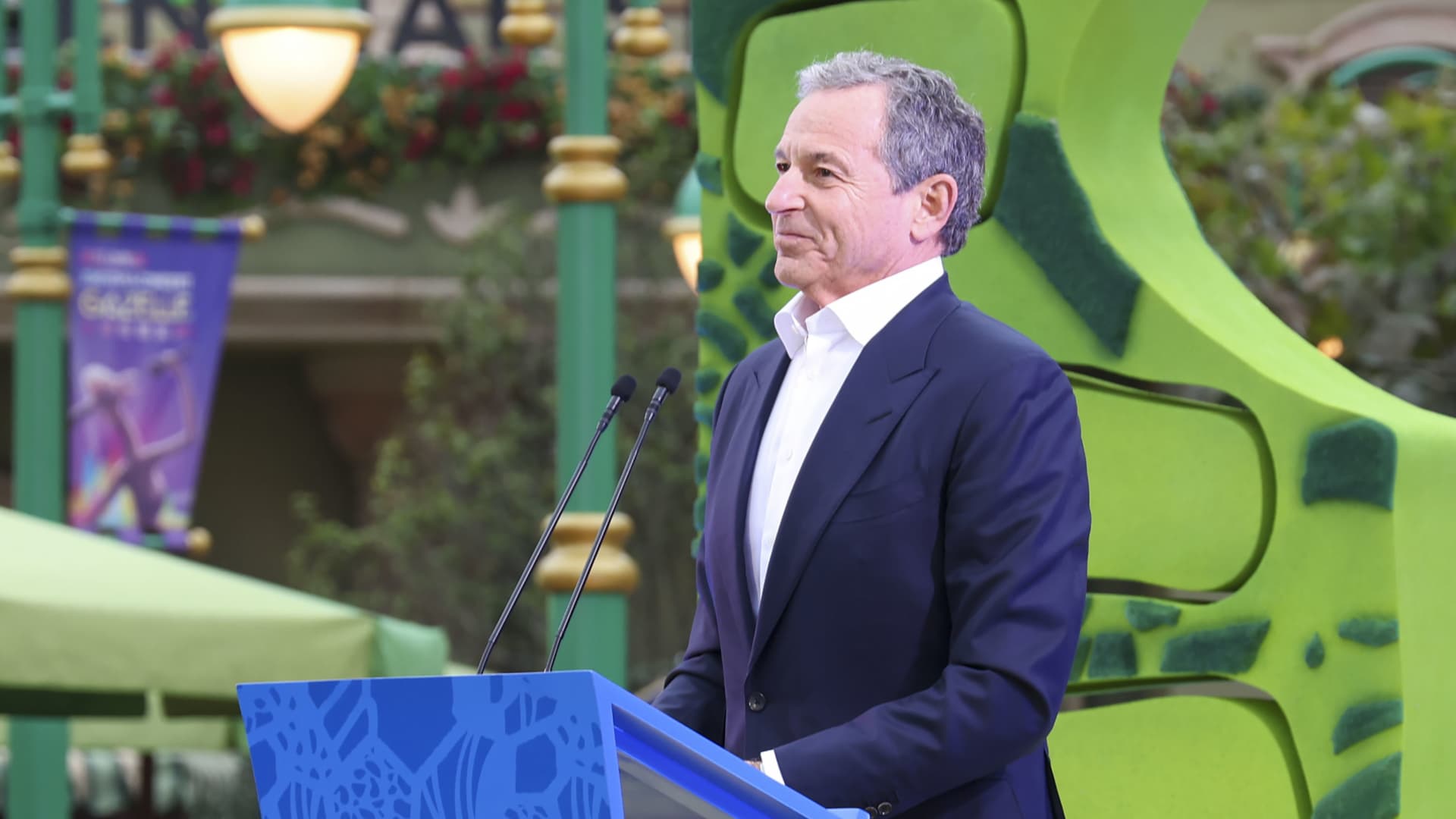‘We want them infected,’ Trump HHS appointee said in email pushing to expose infants, kids and teens to Covid to reach ‘herd immunity’

Former Trump campaign aide Michael Caputo arrives to testify before the House Intelligence Committee during a closed-door session at the U.S. Capitol Visitors Center July 14, 2017 in Washington, DC.
Getty Images
Top Trump appointees at the Department of Health and Human Services repeatedly pushed this summer to adopt a Covid-19 strategy in the U.S. that would keep businesses open while expose “infants, kids, teens” and others to the virus in an attempt to achieve so-called herd immunity, according to emails obtained by House lawmakers.
Rep. James Clyburn, chairman of the Select Subcommittee on the Coronavirus Crisis, which obtained the emails, said the documents demonstrate “a pernicious pattern of political interference by Administration officials.”
The emails surfaced as part of an investigation into political interference by the Trump administration after former HHS scientific advisor Paul Alexander and long-time Trump ally Michael Caputo were accused this summer of meddling with the work of career scientists at the Centers for Disease Control and Prevention and the nation’s leading infectious disease specialist Dr. Anthony Fauci. Alexander was ousted when Caputo departed HHS on medical leave in September.
Alexander wrote in a July 4 email to Caputo and six other HHS communications officials that the U.S. needed to establish herd immunity by allowing “non-high risk groups expose themselves to the virus.
“Infants, kids, teens, young people, young adults, middle aged with no conditions etc. have zero to little risk….so we use them to develop herd…we want them infected….and recovered…with antibodies,” he wrote.
Alexander later brought the proposed strategy to Food and Drug Administration Commissioner Dr. Stephen Hahn, another email shows.
“It may be that it will be best if we open up and flood the zone and let the kids and young folk get infected as we acutely lock down the elderely and at risk folks” to get to “natural immunity…natural exposure,” he wrote on July 24 to Hahn, Caputo and other HHS officials. Caputo asked Alexander to look further into the idea, further emails show.
Caputo, who recruited Alexander, left HHS for a 60-day medical leave in September after he said in a video posted on his personal Facebook page that scientists at the CDC were engaged in “sedition” against Trump. Alexander was removed from his post in the same announcement.
The new emails present a striking look into Caputo and Alexander’s attempts to downplay the pandemic as the coronavirus spread rapidly across the country, especially the Sun Belt, and the death toll rose.
“As the virus spread through the country, these officials callously wrote, ‘who cares’ and ‘we want them infected,'” Clyburn said in a statement. “They privately admitted they ‘always knew’ the President’s policies would cause a ‘rise’ in cases, and they plotted to blame the spread of the virus on career scientists.”
On June 24, amid the post-Memorial Day surge in cases, Alexander wrote to Caputo and two other HHS officials, “we always knew as you relax and open up, cases will rise.” He then questioned, “but are the new cases problematic???”
“We need also to tout the good stories as we know of elderly with serious conditions who get it and survive…this is key to tell…,” he added.
Throughout the emails, Alexander questioned top government scientific advisors, including Dr. Anthony Fauci, director of the National Institute of Allergy and Infectious Diseases. In a July 3 email to Caputo and other HHS communications officials when U.S. cases stood at just under 2.8 million, Alexander lamented that Fauci warned the public to “expect a dramatic increase in spread.”
“He just wont stop!!!!!!!!!!!!!!!! He cant keep quiet….and he is not on the same page of the govn….does he think he is the President???” Alexander added.
More than 16.7 million people in the U.S. have been diagnosed with Covid-19 so far and more than 306,000 people have died in less than a year, according to data compiled by Johns Hopkins University.
This story is developing. Check back for updates.




